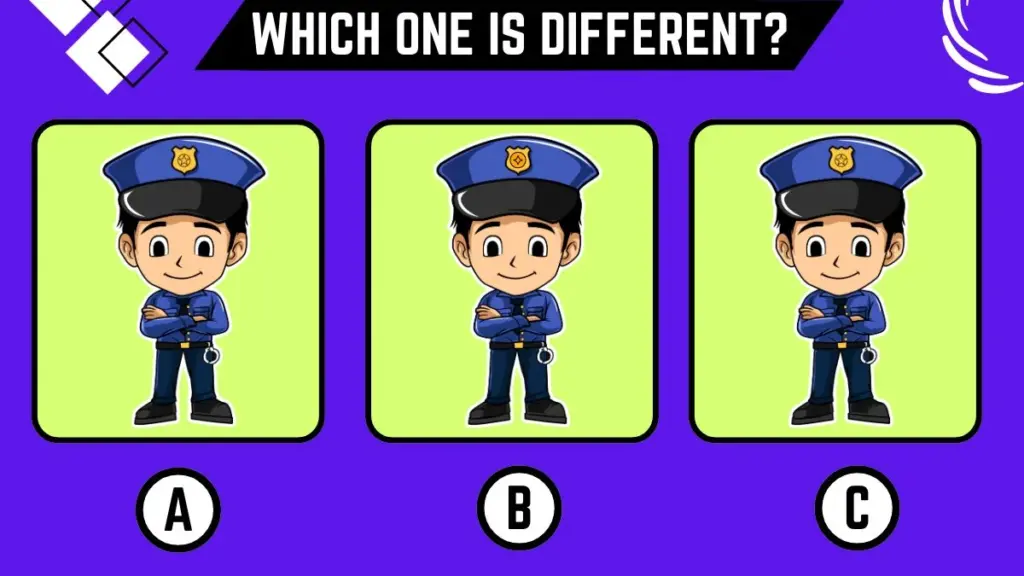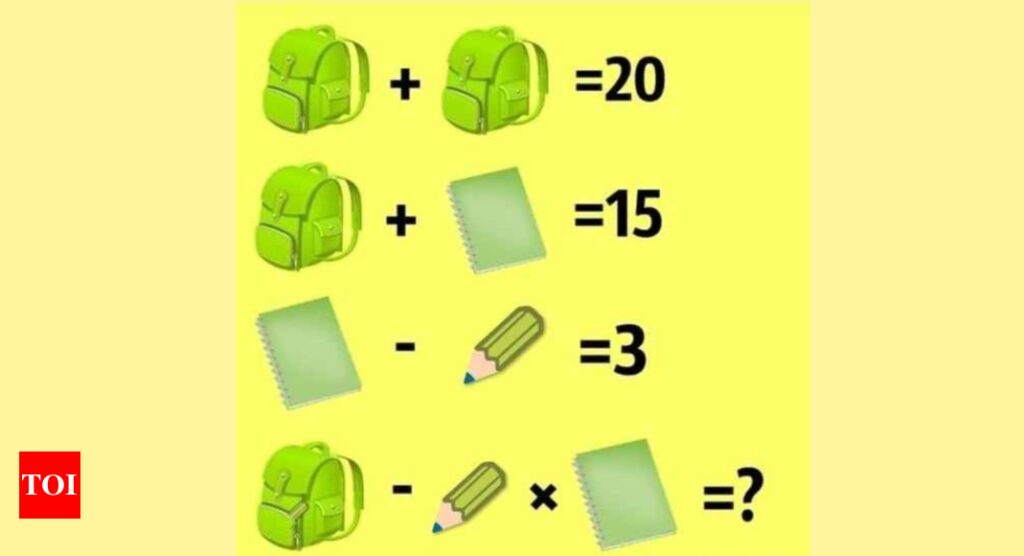Optical illusion
Optical illusions trick our minds with fascinating tricks that exploit the way we perceive visual information. They challenge our brain’s ability to interpret images, often leading to perceptions that differ from reality.
These illusions can range from simple geometric patterns to complex images that seem to defy logic. A common type of optical illusion is the ambiguous image, in which the same image can be interpreted in multiple ways. Another type is the illusion of motion, in which stationary images appear to be moving.
Challenge your observational brain: Only 8k vision can recognize the difference in a policeman in 8 seconds
The clue in “Observational Brain Test: Only 8k Vision Can Spot the Difference Policeman in 8 Seconds” is to identify subtle differences between two seemingly identical images of a police officer.
The challenge is designed to test your eyesight and quick thinking ability, as you only have 8 seconds to spot all the differences.
The title emphasizes the high level of detail required, suggesting that only those with exceptional observational skills—such as having “8k vision”—can succeed in this fast-paced mission.
Article continues below ad
TREND
Challenge the observational brain: Only 8k vision can recognize the difference in a policeman in 8 seconds – Solution
In “Observational Brain Challenge: Only 8k Vision Can Spot the Difference in a Police Officer in 8 Seconds”, the solution involves carefully comparing two images of the police officer to identify all even the difference.
Take a close look at various elements such as police uniforms, accessories and background details. Differences may include variations in badge design, clothing colors, or small details on the officer’s clothing.
With only 8 seconds to detect changes, focus on quickly and methodically comparing each part of the image. If you initially miss some differences, review each part of the image to ensure a thorough search.



